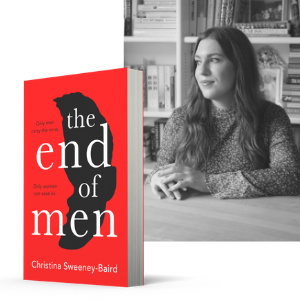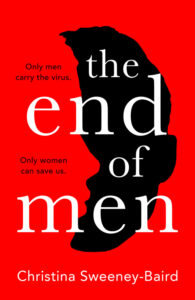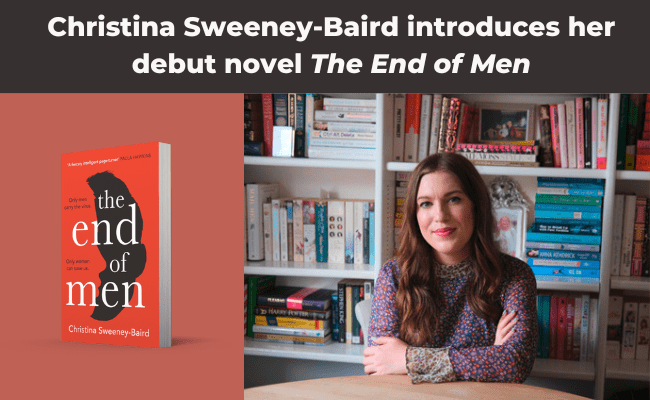 Contracting Coronavirus was a step towards authenticity I could have done without’.
Contracting Coronavirus was a step towards authenticity I could have done without’.
I first heard about Coronavirus as most people likely did; through snippets of news and emails from friends saying, Have you seen this? So weird!’ For a number of weeks, it felt distant in that way so many foreign news stories do. Something awful and scary but ultimately a disease I would remain personally unaffected by.
Only a few months on from those emails and news reports, I’m sitting in my flat in central London in lockdown. I leave the house once a day for exercise, and shop for food and other essentials once a week. I don’t know when I’ll next see my family, my friends or my colleagues. Billions of people around the world are in the same position. I feel immeasurably fortunate to still be employed and to have recovered from suspected Coronavirus (I have not been tested but experienced the virus’s tell-tale cough, breathlessness and extreme fatigue after returning to London from a trip to Northern Italy). I know you’re meant to live your truth’ through art and everything, but contracting Coronavirus was a step towards authenticity I could have done without.
It’s an understatement to say it feels surreal that I wrote a book about a pandemic disproportionately affecting men just before a pandemic disproportionately affecting men swept the world. More than one person has half-jokingly called me Cassandra. When I started writing The End of Men in September 2018 it felt like the ultimate thought experiment. How far could I take my imagination? How would a global pandemic with an enormous death rate change the world? What would the world look like without men, or the majority of them? I wrote the first draft of the book in nine months, finishing with a burst of intense writing in June 2019. Now, I find myself testing my imaginary world against the real one. I gauge the distance between what I have written and what is happening. As a writer of speculative fiction, this is not something I ever expected. Having grown up in Glasgow, it felt natural to me to begin the story there. Starting to write a novel that (at that time) felt so wildly fictional, it was comforting to write about a hospital I knew and to ground the story with a character who felt familiar. Dr Amanda Maclean is intensely pragmatic and determined, even in the face of her world falling apart. Similarly to some of the doctors I’m lucky enough to know, she doesn’t take no for an answer and will go to the ends of the earth for her patients and family. Although, I will confess to feeling a spasm of guilt for putting my imaginary Scotland through the ringer. The status of country of origin’ of a Plague is not something any of us wish for.
I’m relieved that Coronavirus doesn’t have a death rate anywhere near as high as the virus I have imagined in my novel. The imaginary world I have written belongs safely in fiction, within the pages of a novel. Nonetheless, we are experiencing in real life the greatest pandemic of our lifetimes, which is more than I ever could have imagined in my wildest nightmares. I hope that by the time you’re reading this, there is soon to be a vaccine. I hope our healthcare systems survive and economies recover. I hope your loved ones are safe and that the world has returned to that wonderful, boring, nostalgic state I now crave: normality.
 Glasgow, 2025.
Glasgow, 2025.
Dr Amanda Maclean is called to treat a patient with flu-like symptoms. Within three hours he is dead. This is how it begins. The unknown virus sweeps through the hospital with deadly speed.
The victims are all men.
Dr Maclean raises the alarm. But by the time the authorities listen to her, the virus has spread to every corner of the world. Threatening families. Governments. Countries. Can they find a cure before it’s too late? Can they stop the end of men?



